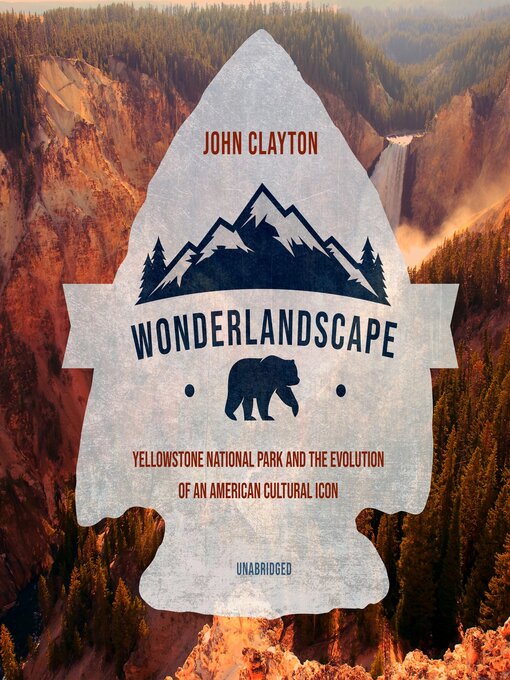An evocative blend of history and nature writing that tells the story of Yellowstone's evolving significance in American culture through the stories of ten iconic figures
Yellowstone is America's premier national park. Today Yellowstone is often a byword for conservation, natural beauty, and a way for everyone to enjoy the great outdoors. But it was not always this way. Wonderlandscape presents a new perspective on Yellowstone, the emotions that various natural wonders and attractions evoke, and how this explains the park's relationship to America as a whole.
Whether it is artists or naturalists, entrepreneurs or pop-culture icons, each character in the story of Yellowstone ends up reflecting and redefining the park for the values of its era. For example, when Ernest Thompson Seton wanted to observe bears in 1897, his adventures highlighted the way the park transformed from a set of geological oddities to a wildlife sanctuary, reflecting a nation that was concerned about disappearing populations of bison and other species. Subsequent eras added Rooseveltian masculinity, democratic patriotism, ecosystem science, and artistic inspiration as core Yellowstone hallmarks.
As the National Park system enters its second century, Wonderlandscape allows us to reflect on the values and heritage that Yellowstone alone has come to represent―how it will shape America's relationship with her land for generations to come.

